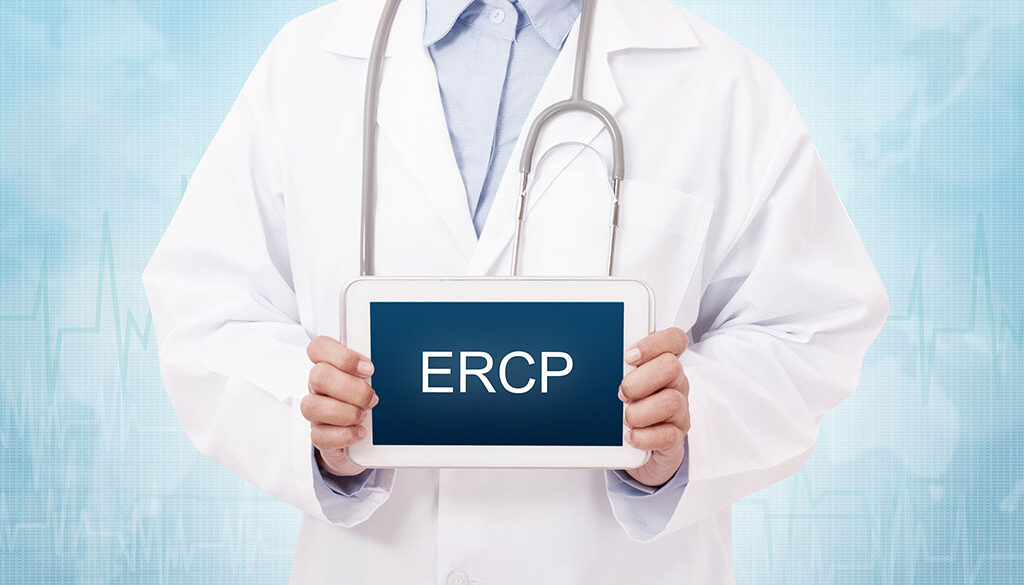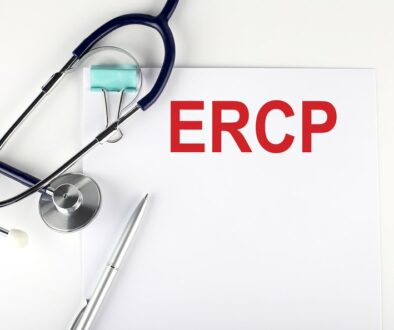We Show You 7 Things to Expect at Your ERCP Procedure
If you’ve been diagnosed with a condition affecting your pancreas or bile ducts, your gastroenterologist in Raleigh may have suggested an ERCP procedure — short for Endoscopic Retrograde Cholangiopancreatography.
It’s natural to have questions and concerns about what to expect. We’ll guide you through seven key aspects of an ERCP procedure, addressing topics including what happens, recovery time, and why choosing a reputable gastroenterology medical practice like RMG Gastroenterology is crucial.
What to Expect When Having an ERCP Procedure
1. Patient Education: What Is an ERCP Procedure?
Before getting started, it’s important that you have a thorough understanding of the ERCP procedure.
An ERCP is a minimally invasive medical procedure that combines endoscopy and fluoroscopy to examine the bile ducts, pancreatic duct, and gallbladder.
It helps diagnose and treat conditions such as:
- Gallstones
- Tumors
- Inflammation
During the procedure, a thin, flexible tube called an endoscope is inserted through the mouth and guided down to the duodenum. Contrast dye is then injected to highlight the ducts on X-ray, aiding in the evaluation and treatment of any abnormalities.
2. Thorough Pre-Procedure Consultation
Before your ERCP, you will have a comprehensive consultation with your gastroenterologist. They will review your medical history, discuss the reasons for the procedure, and address any questions or concerns you may have.
This is vital because we want to ensure that you are well-informed before the procedure. Our physicians will also review your medical history and any medications you may be taking—including over-the-counter ones and herbal remedies.
3. Preparation
Depending upon your individual case, you may need to fast before your ERCP procedure to be sure your stomach is empty. Follow the pre-procedure instructions provided by your gastroenterologist or healthcare team.
Be sure to arrive early so you’ll have time to review or complete any paperwork needed. Our staff will be there to help you.
In addition, remember that you will be sedated during the ERCP procedure. Therefore, you will need to make arrangements for someone to drive you home.
4. Sedation and Anesthesia
During your ERCP procedure, you will be under conscious sedation or general anesthesia. In both cases, you will be “asleep.”
Our gastroenterologists in Raleigh and members of our healthcare team will work with you to determine what method would be best.
- General anesthesia During general anesthesia, the patient’s respirations would be supported by mechanical ventilation with a tube placed in the windpipe called Endotracheal tube/ET tube.
- Conscious sedation During conscious sedation the patient would be breathing by themselves with only a nasal cannula in the nose or oxygen mask over the face.
5. The ERCP Procedure Itself
We will perform your ERCP procedure in a specialized endoscopy suite in a hospital setting, where we will closely monitor all your vital signs. Typically, the procedure takes around 30 minutes to an hour, depending on the complexity.
You will be positioned on your back or the left side of the examination table. Our healthcare team will ensure you’re in the right position for your ERCP. Then, you’ll swallow the endoscope so it can be gently guided through your mouth, down the esophagus, and toward the area that needs to be examined.
While it may be difficult, try to relax as much as possible. We may also ask you to take deep breaths during the procedure.
If you are nervous, just talk to us during one of your consultations. We want you to be as comfortable as possible.
6. ERCP Procedure Recovery Time
After the procedure, we’ll closely monitor you in the recovery area until the side effects of the sedation have stopped. Do not be surprised to experience bloating or mild discomfort—these are normal and only temporary.
Depending on your case, you may be discharged the same day or kept overnight for observation.
7. Follow-Up Care and Results
Your gastroenterologist will discuss the findings of the ERCP with you once you are fully awake. If any treatments or additional procedures are required, they will explain the details and answer any questions you may have. We’ll let you know when you can return to regular activities.
While complications following an ERCP procedure are extremely rare, it’s important to contact us immediately if you are experiencing:
- Severe abdominal pain
- Vomiting
- Fever
- Chills
- Difficulty swallowing
After the procedure, a proper follow-up plan will be outlined to ensure your continued well-being.
Is ERCP a High-Risk Procedure?
Serious complications following an ERCP procedure are very rare. The majority of them are performed without any significant problems or issues. Our board-certified gastroenterologists represent the highest level of expertise and experience, so they are highly trained to minimize any risks.
RMG Gastroenterology: The Experienced Gastroenterologists You Can Trust For Your ERCP Procedure
We understand that this procedure may make you feel anxious or overwhelmed. We want to assure you that your health, safety, and well-being are our top priority. We are here to guide you through every step of the process.
Understanding what to expect during an ERCP, from the pre-procedure consultation to the recovery process, can help ease any concerns you may have.
With several convenient locations across the area, and our Centers of Excellence to serve you, our physicians are ready to help you. Contact us for an appointment.


